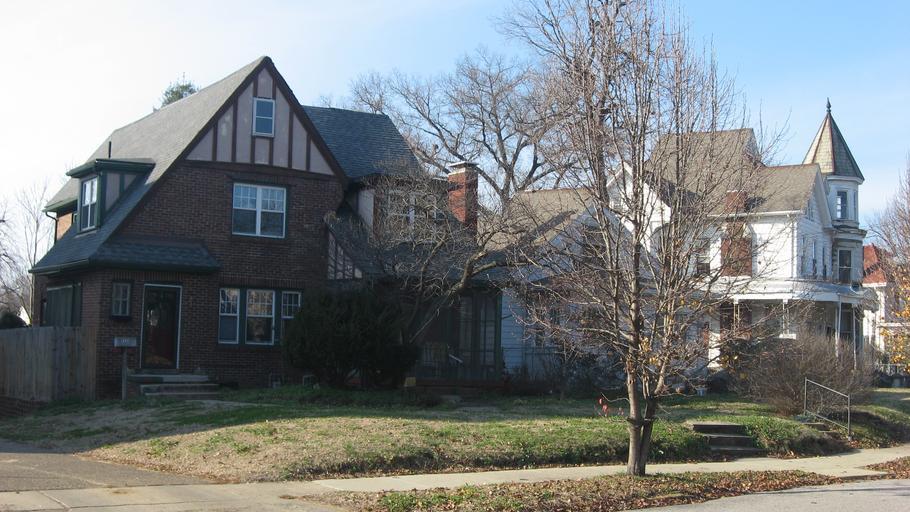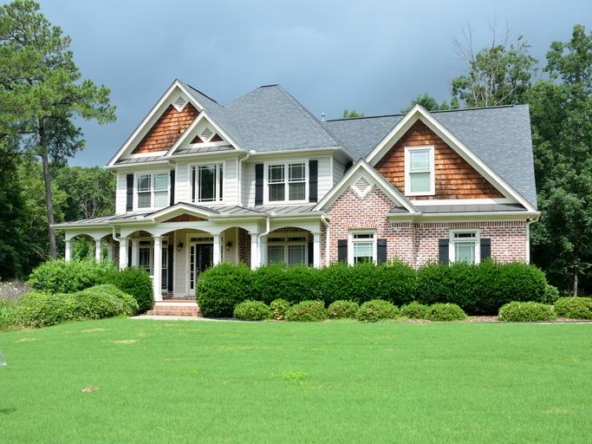Understanding the different property types within residential real estate is essential for any potential homeowner, investor, or industry professional. This knowledge helps in making informed decisions and can significantly impact investment success. In this post, we’ll explore various residential property types to help you identify which might be the right fit for your needs and preferences.
Definition of Property Types
Residential Property Types
When discussing property types, it’s crucial to distinguish between the main categories. Residential property types are specifically designed for living purposes, as opposed to commercial or industrial properties that have business-oriented uses. Understanding residential property types is vital as each offers unique features that cater to different lifestyles and investment strategies.
Importance of Categorizing Properties
Categorizing properties helps buyers, sellers, and investors in the real estate market to streamline their search and transactions. Knowing the specific property types can narrow down options, set expectations, and align with individual goals in the housing market.
Common Residential Property Types
Single-family Homes
Single-family homes are one of the most sought-after residential property types. They offer privacy, ownership of land, and the freedom to customize the property. These homes are ideal for families looking for a standalone dwelling to call their own.
Condominiums
Condominiums, or condos, provide a distinct ownership structure where individuals own the interior space of their unit, whereas common areas are shared with other residents. Condos often come with a host of amenities and require less maintenance, appealing to those seeking a lifestyle with convenience and community living.
Townhouses
Townhouses are multi-floor homes sharing one or two walls with adjacent properties but with separate entrances. They combine elements of single-family homes and condos, often offering multiple levels of living space with less responsibility for outdoor maintenance, making them a popular choice for many urban residents.
Apartments
Apartments typically refer to rental units within a larger residential building. They vary in size and style and can also be owned under structures like co-ops. Apartments offer flexibility and lower upfront costs than owning a house, which can be an attractive option in high-cost urban areas.
Factors Influencing Property Types
Location
The location of a property greatly influences its type and value. For example, high-rise apartments are commonly found in densely populated urban areas, while single-family homes are more prevalent in suburban neighborhoods. Factors like proximity to work, education, and amenities will also determine the desirability of property types in a given location.
Size
Size is a significant factor when it comes to property types, as it affects both pricing and utility. Larger homes can accommodate families and offer space for remote work, while smaller apartments can be more suitable for singles or couples without children.
Amenities
Amenities such as swimming pools, fitness centers, and security services can differentiate property types and add value. High-end condominiums often boast luxury amenities, thus attracting a certain demographic compared to more modest townhomes or apartments.
Property Type Selection Considerations
Budget
Budget constraints are often the primary determinant when selecting a property type. Single-family homes may require a more substantial financial commitment than a condominium or apartment. It’s essential to align your property choice with your financial capacity and long-term goals.
Lifestyle Preferences
Choosing a property type should reflect your lifestyle preferences. If you enjoy gardening, a single-family home with a yard would be a consideration, whereas if you prefer urban living and easy access to city amenities, an apartment might be more suitable.
Future Resale Value
Consider potential appreciation or depreciation before investing in a specific property type. Some property types may be more in demand in certain areas, affecting future resale value and the return on your investment.
Importance of Knowing Property Types
Investment Decisions
Having a solid understanding of residential property types can assist you in making smarter investment decisions that align with market trends and individual goals.
Matching buyer needs
Real estate professionals must be adept at matching buyer needs with the right property types. Knowing the benefits and limitations of each can lead to more successful transactions and satisfied clients.
Conclusion
Grasping the nuances of different residential property types equips potential buyers, sellers, and investors with the knowledge to make choices that align with their needs, whether it’s finding a forever home or making a strategic investment. Armed with these insights, you’re better prepared to step into the diverse world of residential real estate.
Remember, regardless of the property types, your unique circumstances and goals should guide your decision-making process. By marrying that personal understanding with the details covered here, you’re on track to make informed decisions in the vibrant and varied landscape of residential real estate.





